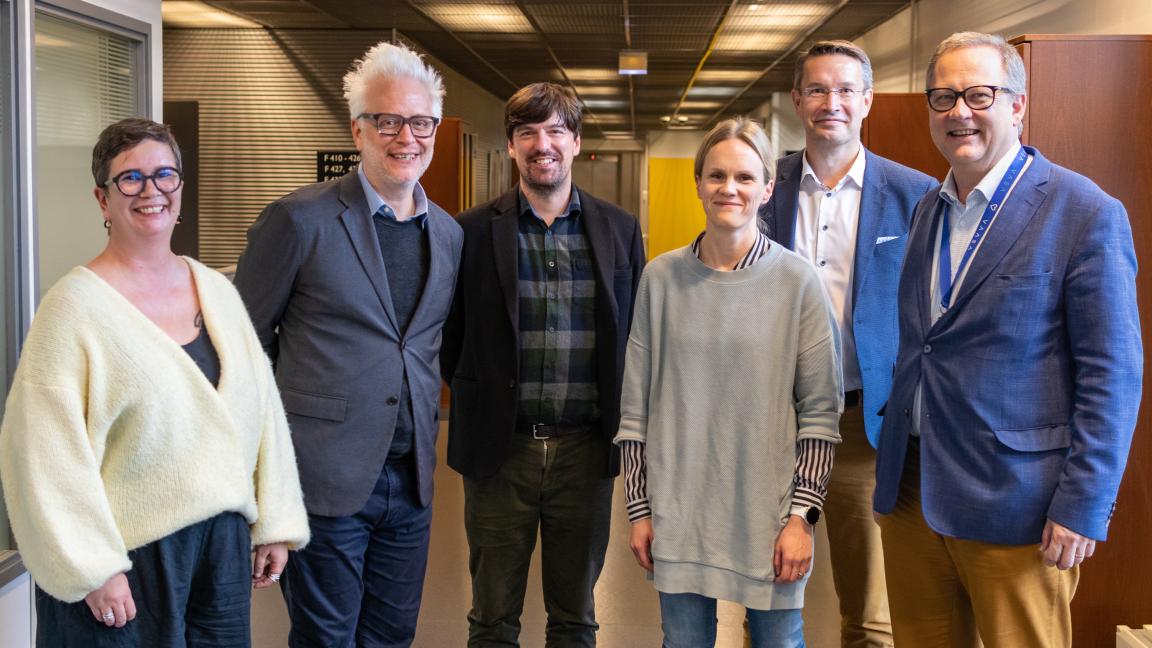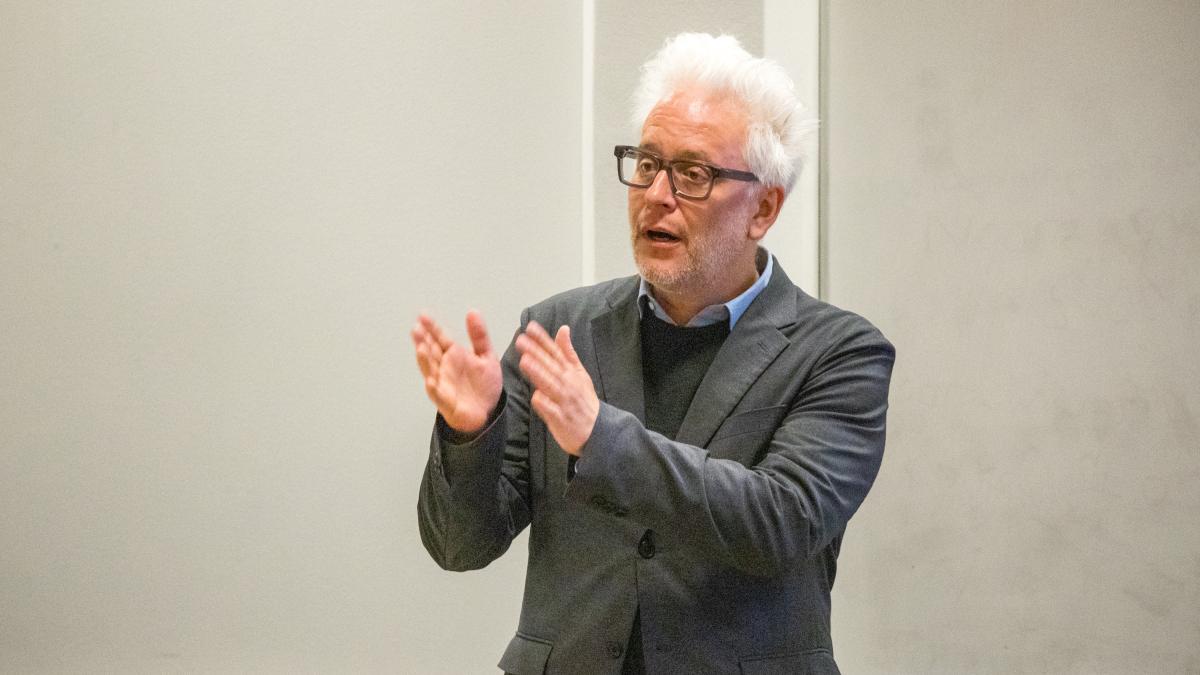New expectations for research: More impact and practical relevance

Global challenges, rapid change and complexity are creating new pressures on research and the role of the researcher.
Brian Castellani, Professor of Sociology at Durham University, reminded the doctoral students that the first step is to identify the questions that different stakeholders need answers to and to map out the power relations, conflicts and contradictions.
– It should be realised that different stakeholders ask different questions and they want different answers. So, involve or engage different stakeholders in the development of your questions. But be critical and remember that not everything stakeholders tell you is gold, it can also be garbage. Also, be aware of the difference between what people want and what they really need.
In Castellani's own experience, most public policy experts, practitioners and funding organisations are biased toward simple, individual-level, short-term solutions that, for example, get voters to re-elect them for another term.
Castellani and Wistow have been working with the InSPIRE consortium. They set out to develop a policy agenda to reduce the impact of air pollution on brain health and dementia. The researchers found evidence that vulnerable groups, such as those living in poor and crowded conditions, are at significant risk of cognitive and brain health problems earlier in life and dementia later in life.
To read the full article please click here.


/prod01/prodbucket01/media/durham-university/research-/research-institutes/wolfson-research-institute/60056.jpg)
